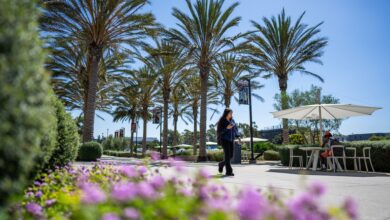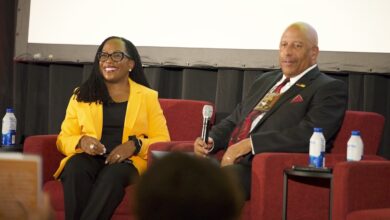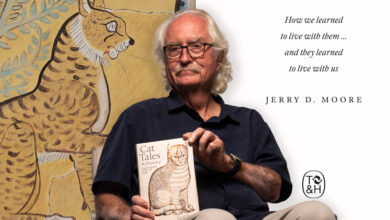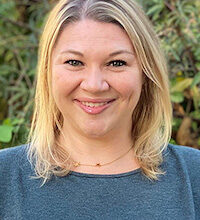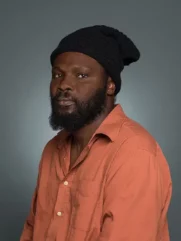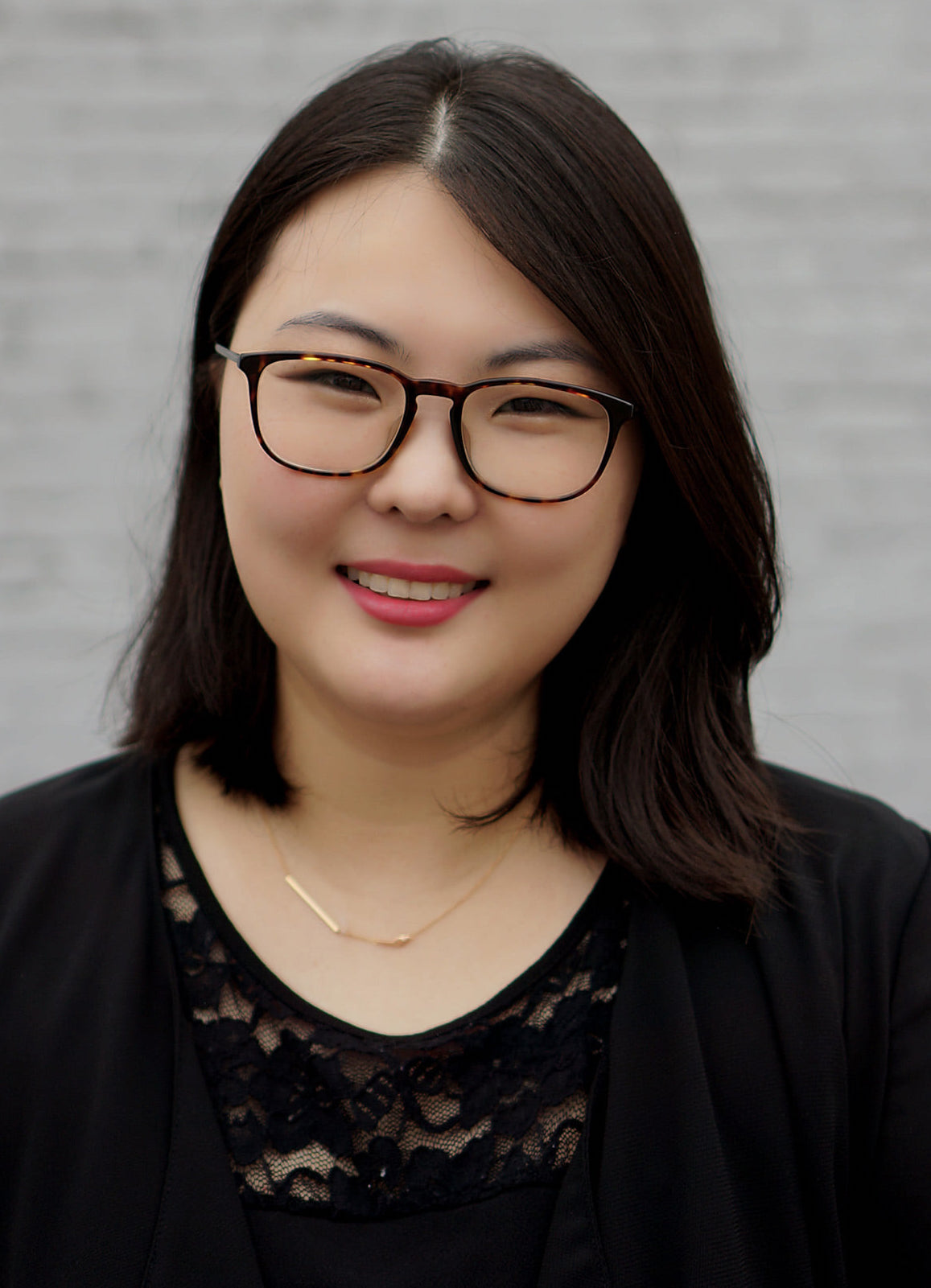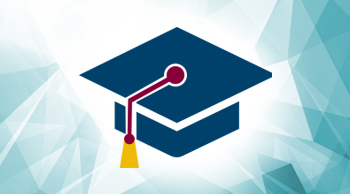Our faculty members participate in conferences around the world, conduct groundbreaking research, and publish books and journal papers that contribute to their field and highlight their expertise. We feature those accomplishments and more in this section. To share faculty news, email ucpa@csudh.edu.
College of Health, Human Services and Nursing
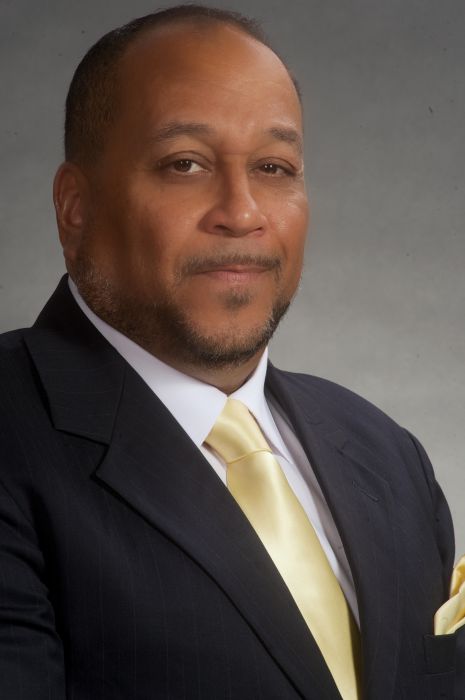 “So much is going on at such a hyper and fast speed. It is a surreal moment, where a lot of people are hurting, but it’s also a time when a lot of people are pulling together, and there are a lot of positive coalitions coming from this. I see both happening right now. It is about figuring out how to mix the good with the bad so we can all get through it. … I do seem some hope. For once African Americans are seeing that white people are beginning to pick up on this too – that it’s unacceptable.” — Michael Laurent, chair of the Marital and Family Therapy Program, joined KFI’s Gary and Shannon Show to address the death of George Floyd and the national protests.
“So much is going on at such a hyper and fast speed. It is a surreal moment, where a lot of people are hurting, but it’s also a time when a lot of people are pulling together, and there are a lot of positive coalitions coming from this. I see both happening right now. It is about figuring out how to mix the good with the bad so we can all get through it. … I do seem some hope. For once African Americans are seeing that white people are beginning to pick up on this too – that it’s unacceptable.” — Michael Laurent, chair of the Marital and Family Therapy Program, joined KFI’s Gary and Shannon Show to address the death of George Floyd and the national protests.
On ABC-7, Laurent discussed the benefits of group therapy for black men dealing with social injustice. “They don’t know what to do because they’re at a point that they’re going to pop. They have anxiety and depression, and they don’t know how to deal with being targeted.”
College of Business Administration and Public Policy
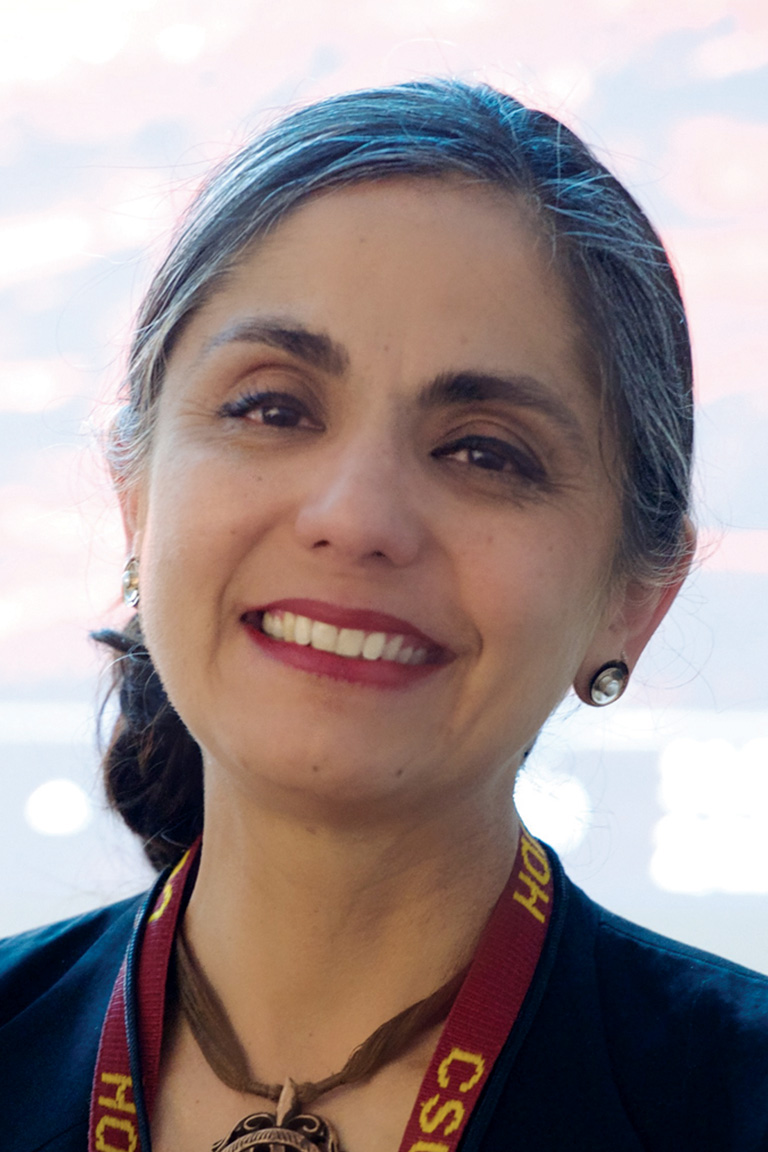
Kirti Sawhney Celly, professor of Business Administration, was interviewed by NHK (Japan Broadcasting Corporation) in her role of an elected senator to the Academic Senate of the CSU. When asked about why several CSUs have extended the deadline for students to register, she said that there is acute economic uncertainty, and that is coupled with enrollment and budgetary uncertainty for the CSU system and the students it serves. This means that there is not only going to be a reduction in the general funding to the CSU from the state, but potentially less money from tuition. “We will are doing our best to manage that, and to give students the time they need to make their decisions, in terms of various admissions polices, and through the flexibility offered to students.”
The story aired May 28 in Japan as part of their evening news. The segment that features the CSUDH campus and Sawhney Celly’s interview begins at 3:45 minutes.

“State and local authorities can postpone the collection of fees and taxes for a year. This will reduce the burden to small businesses on their operating cash flow. Other measures can include borrowing from capital markets at low-interest rates to finance the operations of governments. Money raised in this manner can fill in the gap from the postponement of the collection of revenues.” — Prakash L Dheeriya, professor of finance, was featured in the “Ask the Experts” section of the Wallethub article “States with the Biggest Increases in Unemployment Rates Due to COVID-19.” Dheeriya addressed the question “What are the best ways for state and local authorities to ensure a cost-effective rebound from the economic aftermath of the pandemic?”
College of Arts and Humanities
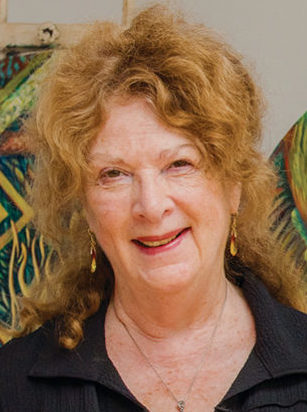 Gilah Hirsh, professor of art, served as Artist in Resident at Otis College of Art and Design in March. She also served as guest speaker at “The Art Crowd” in Irvine in January and presented “Art and Healing” at a joint session of the Women’s Caucus for Art and College Art Association conferences in Chicago in February. She was featured in a Zoom conversation, “A Glimpse into the Life of Gilah Yelin Hirsch,” with LaVetta Rolfs and Verne Brien in April, and also judged the K-12 Ecowrite Art Competition by Intek.
Gilah Hirsh, professor of art, served as Artist in Resident at Otis College of Art and Design in March. She also served as guest speaker at “The Art Crowd” in Irvine in January and presented “Art and Healing” at a joint session of the Women’s Caucus for Art and College Art Association conferences in Chicago in February. She was featured in a Zoom conversation, “A Glimpse into the Life of Gilah Yelin Hirsch,” with LaVetta Rolfs and Verne Brien in April, and also judged the K-12 Ecowrite Art Competition by Intek.
Her film, Reading the Landscape, has been awarded five film festival awards including Doctors Without Borders (Documentary Short); Impact Docs Awards Best Shorts Competition (Documentary Short); International Independent Film Awards Official Selection (Documentary) and Silver Winner (Documentary and Director).
College of Natural and Behavioral Sciences
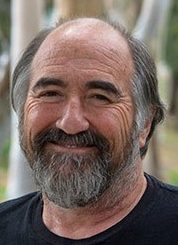
“Try to focus less on the number of minutes you’ve logged on your phone and more on how you’re spending that time. In both cases, screen time has risen but when you look more granularly, you see that a lot of the increase, if not all, is the use of communication tools. Social media is increasing for many teens and millennials as a way to stay in contact and connect with family and friends. – Larry Rosen, professor emeritus of psychology, was quoted in the MSN Lifestyle article “How to be more mindful about using your phone amid Coronavirus.” Rosen has been working on a research project looking at both millennials’ and teenagers’ screen time use before and during quarantine. He added, “If we just looked at it as an increase in screen time, we would think it was a bad thing. But in fact, it is a good thing satisfying the human need to connect.”

